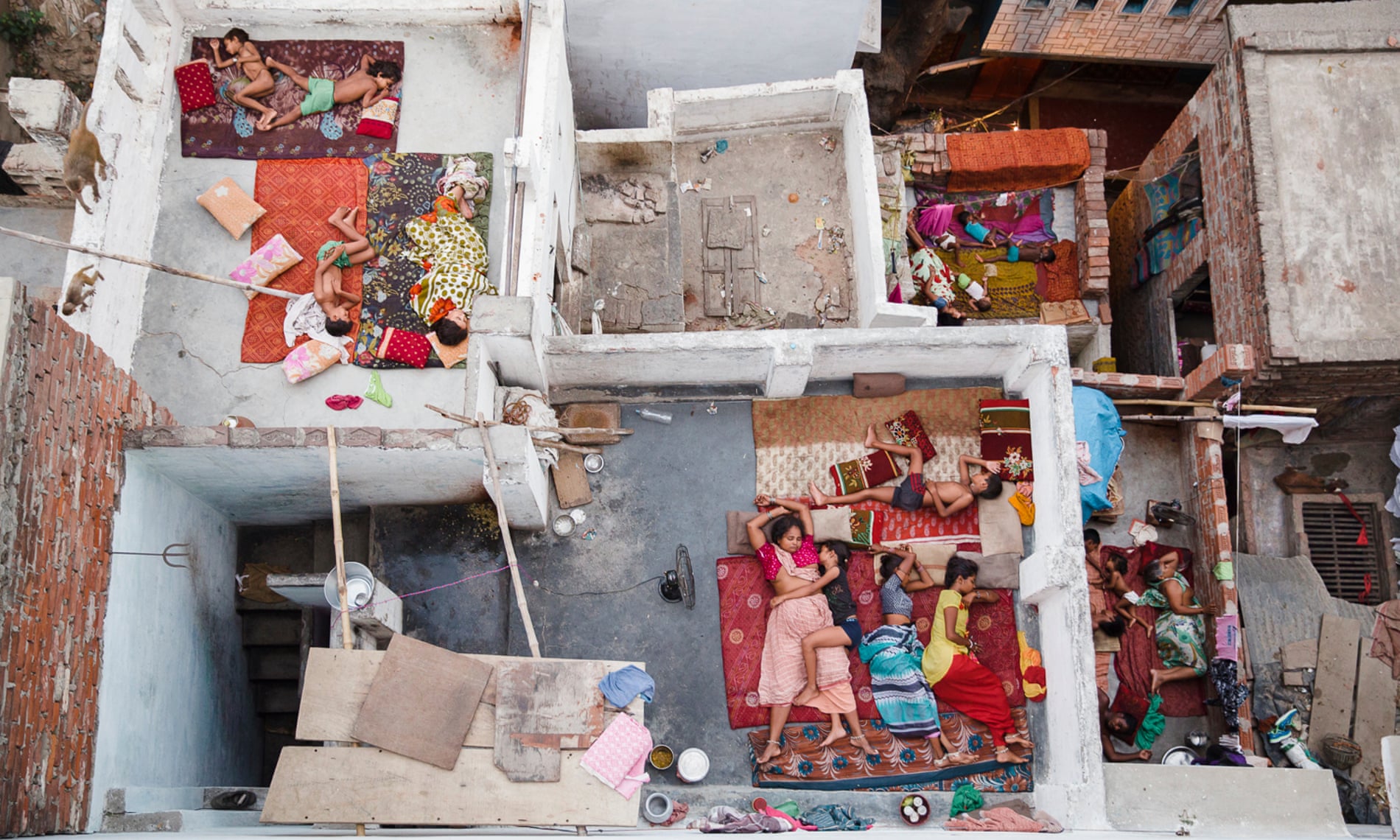Heat: the next big inequality issue
 When July’s heatwave swept through the Canadian province of Quebec, killing more than 90 people in little over a week, the unrelenting sunshine threw the disparities between rich and poor into sharp relief.
When July’s heatwave swept through the Canadian province of Quebec, killing more than 90 people in little over a week, the unrelenting sunshine threw the disparities between rich and poor into sharp relief.
While the well-heeled residents of Montreal hunkered down in blissfully air conditioned offices and houses, the city’s homeless population – not usually welcome in public areas such as shopping malls and restaurants – struggled to escape the blanket of heat.
Benedict Labre House, a day centre for homeless people, wasn’t able to secure a donated air-conditioning unit until five days into the heatwave. “You can imagine when you have 40 or 50 people in an enclosed space and it’s so hot, it’s very hard to deal with,” says Francine Nadler, clinical coordinator at the facility.
Fifty-four Montreal residents were killed by this summer’s heat. Authorities haven’t so far specified whether any homeless people were among them, but according to the regional department of public health, the majority were aged over 50, lived alone, and had underlying physical or mental health problems. None had air conditioning. Montreal coroner Jean Brochu told reporters that many of the bodies examined by his team “were in an advanced state of decay, having sometimes spent up to two days in the heat before being found”.
Read More at The Guardian
















